Surprise Vova, I hope you like your Birthday gift.
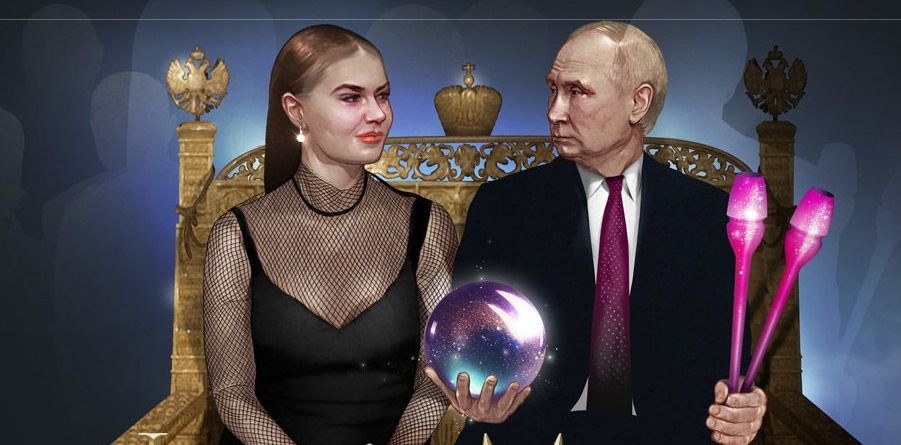
Vlad got up at the crack of dawn on the morning of his birthday. He was excited like a teen girl on a prom night and could barely get any shut-eye. The losses in Ukraine and the failing economy were starting to crack the empire, and there has not been any excellent news for a while. He needed a big break.

He went for a swim and went to his office to start receiving calls from all his friends. He was about to announce his latest crack at the Presidency, and he needed all the good news and all the attention of his failing war in Ukraine.
Mr.President, when do you want the morning mail? Misha poured him a glass of tea and plates with fruits and caviar on his desk. At shy of 6 am, his PR secretary and head of the FSB walked in with gifts in hands. They wished him a Happy Birthday, Mr. President, and turned on the TV screen with a dozen windows.
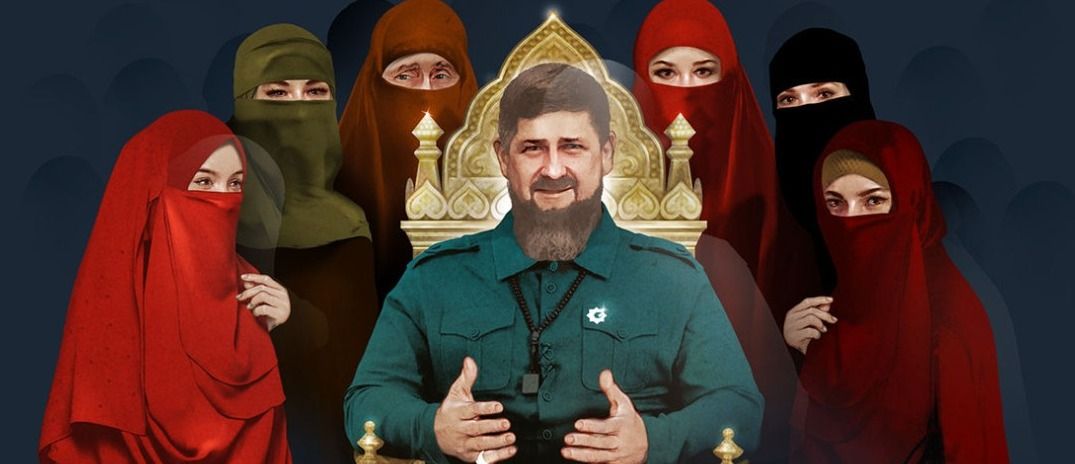
A red phone rang, and Artem, the assistant, picked up. The heavy breathing on the phone and the muffled voice was Ramzan. A few seconds later, he appeared on a big screen and wished his hero and boss a very Happy Birthday, and said with a great Flood of Allah, we would be victorious. The head of FSB walked up to Vlad, and said we are in. Putin's face lit up, and he sipped his tea, watching the screen.
The group of SVR hackers deep in the Gaza Metro bunker, with help from Moscow city overloaded the Iron Wall and put it in blind reset mode. The guard towers soldiers looked out to see what was going on as 100's of rockets were flying towards Israel from Gaza, to be ambushed with snipers and one-shot drones.
Tel Aviv unit worked overtime to take down every rocket with the Iron Dome and David sling. The Iron Wall was breached, and Hamas, as well as dozens of other groups, got into Israel and went to different communities and towns.
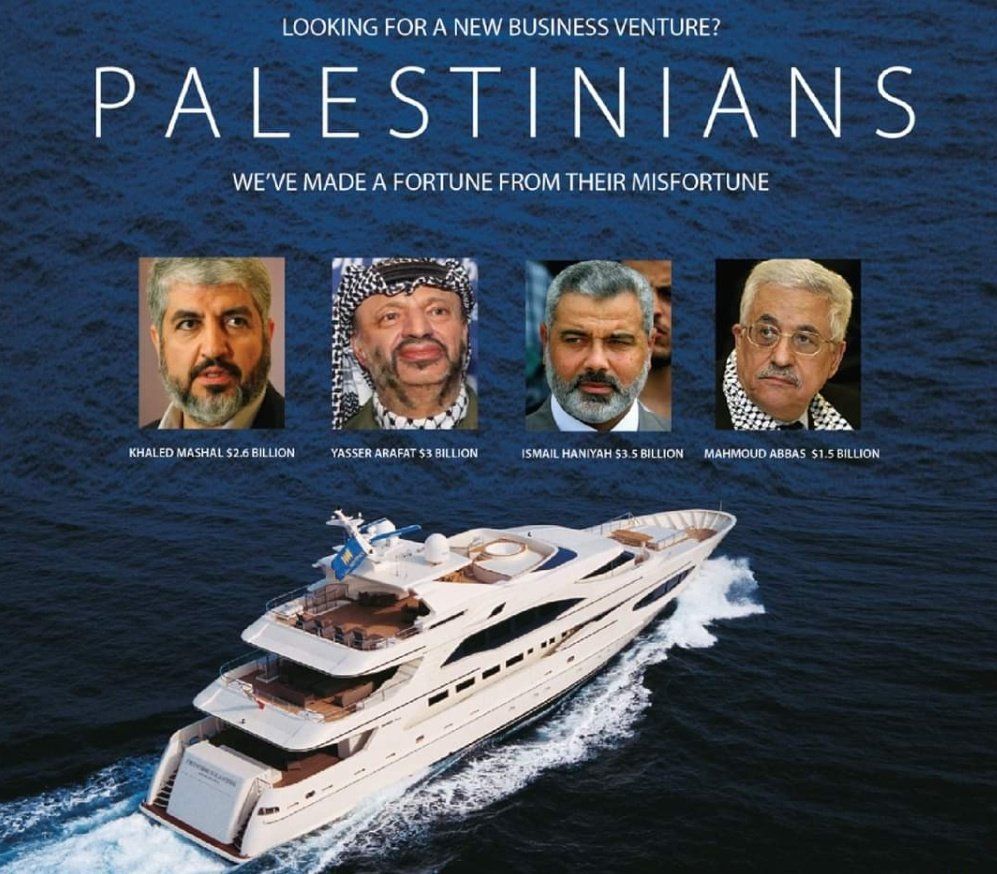
I will not go into all the details of the savage Hamas massacre, but I will tell you that Islamic Jihad, a Palestinian extremist organization active in the Hamas-controlled Gaza Strip, has received part of a $93 million payment through a Russian cryptocurrency exchange called Garantex that day.
On the same day, a group of accounts that are known to push Russian and anti-west propaganda and linked to the Kremlin started promoting Hamas videos and pushing their narrative.
“Да будь я евреем преклонных годов,
И то – nicht zweifelnd und bitter,
Немецкий я б выучил только за то,
Что им разговаривал Гитлер.”
― Vladimir Sorokin, Day of the Oprichnik
Russia’s true level of actual military support to Hamas is hard to track, especially if you look at all the places Wagner group operates, like Syria and Sudan. There are several telltale signs, especially now that Moscow has Hamas in the Kremlin.
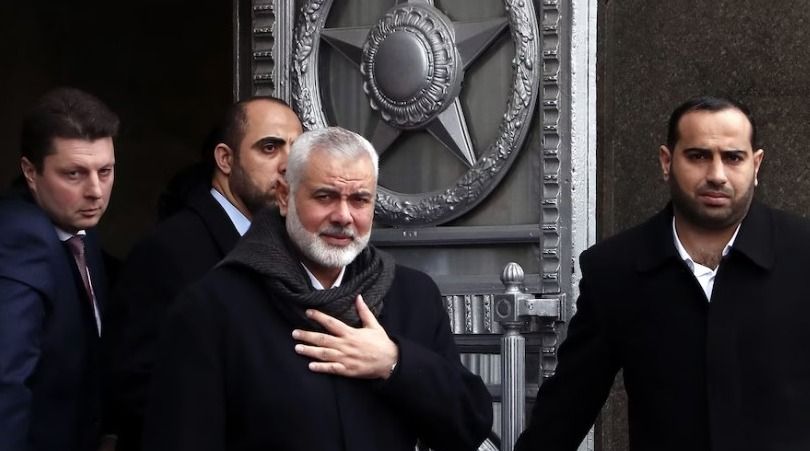
Ali Baraka, the senior Hamas official, said Hamas possessed Russian licenses to produce the Kalashnikov rifles and ammunition its terrorists used in the assault. Ukrainian officials have claimed that Russia’s mercenary firm Wagner helped train Hamas soldiers. Meanwhile, Palestinian terrorist groups reportedly launder illicit funds through a Moscow-based crypto exchange.
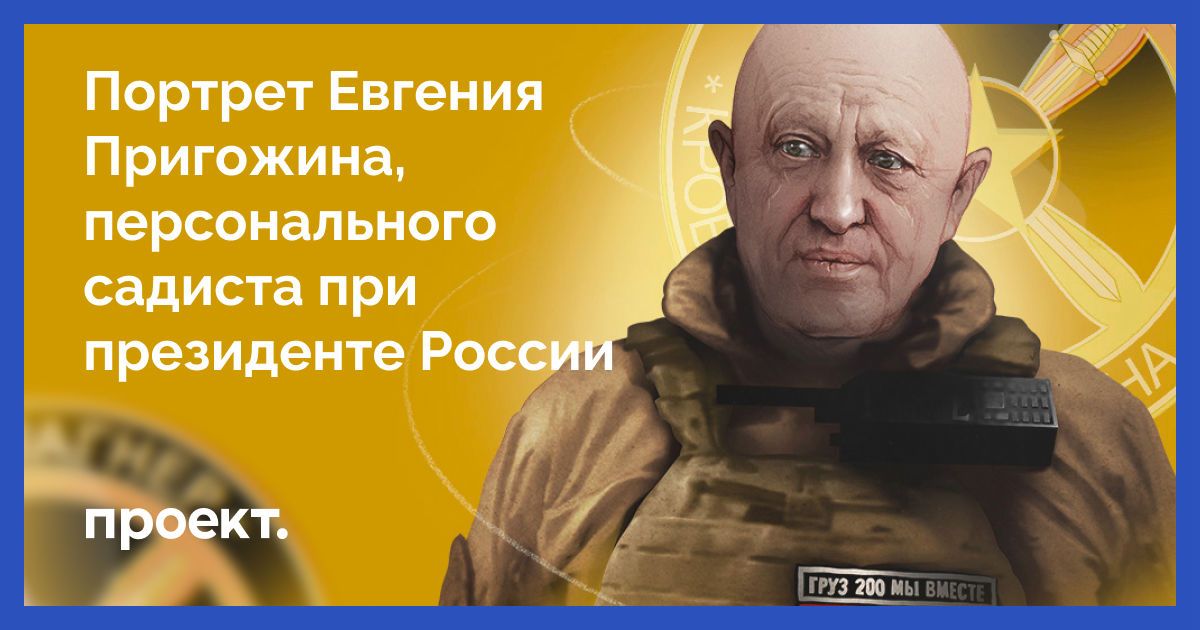
The Kremlin has turned its massive propaganda and foreign influence operation into a pro-Hamas, anti-Western disinformation machine. Even before the war, Russian media was pushing the notion that U.S. arms for Ukraine had somehow ended up in the hands of terrorists plotting against Israel. After the attack, Pro-Russia videos of murky origins circulated that accused Ukraine of arming Hamas, disguised as fake BBC reports.
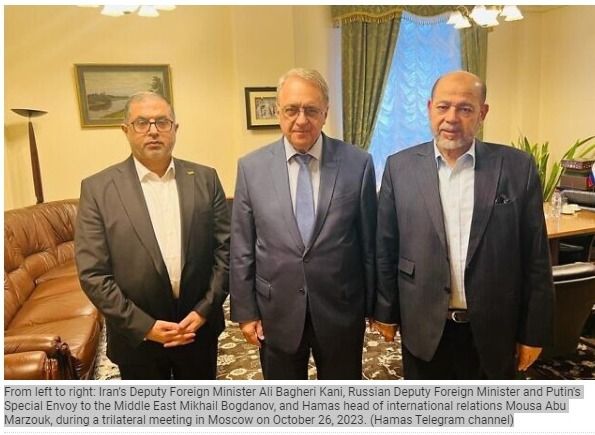
In the clandestine world of international politics, the ties between Russia and Hamas have long been a subject of quiet speculation and strategic alignment. It was back in 2006 when Putin, in a move that surprised many on the global stage, extended an invitation to Hamas leaders to visit Moscow. This gesture began a series of covert meetings and diplomatic exchanges, cementing a relationship that has only grown more complex over the years.
Unlike many of its global counterparts, Russia has steadfastly refrained from labeling Hamas as a terrorist organization. Instead, it has historically aligned itself with pro-Palestinian sentiments, often positioning itself as a counterweight to Western influences in the region. This diplomatic dance, subtle yet significant, has been a hallmark of Russia’s approach in the Middle East.
However, recent developments have signaled a dramatic shift in this delicate balance of power. The burgeoning conflict has fractured the once pragmatic, if cautious, relationship between Russia and Israel. Israel, which had previously maintained a calculated distance from the Ukraine conflict due to its strategic need for Russia's tacit approval in Syrian affairs, now finds itself in an increasingly precarious position.
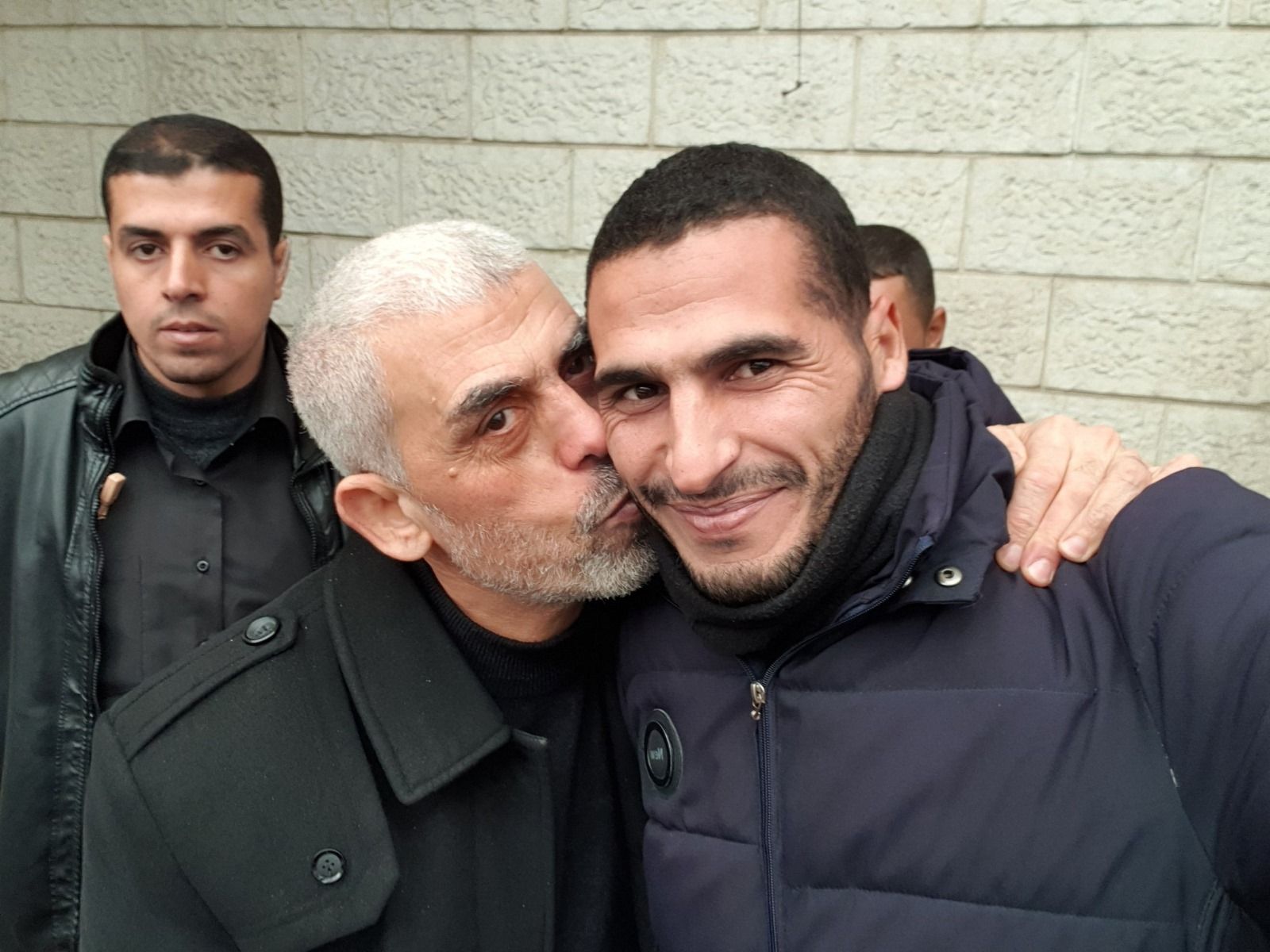
This shift became starkly evident with Russia's aggressive move on the international stage. On October 13th, under the grand and ornate ceilings of the United Nations Security Council, Russia presented a draft resolution. It was a masterstroke of diplomatic ambiguity – calling for an immediate cease-fire and denouncing acts of terrorism, yet conspicuously omitting any mention of Hamas. This omission was not an oversight but a carefully calculated gesture, indicative of Russia's newfound commitment to backing Hamas and Iran, particularly in diplomatic arenas.

The Russian U.N. ambassador's speech further underscored this shift. It was a carefully orchestrated performance that accused the United States of escalating tensions in the Middle East. The ambassador’s words were sharp, a pointed condemnation of Israeli actions against Palestinian civilians. The speech was more than mere rhetoric; it was a clear signal of Russia's intent to realign its strategic interests in the region, marking a new chapter in the complex tapestry of Middle Eastern politics.
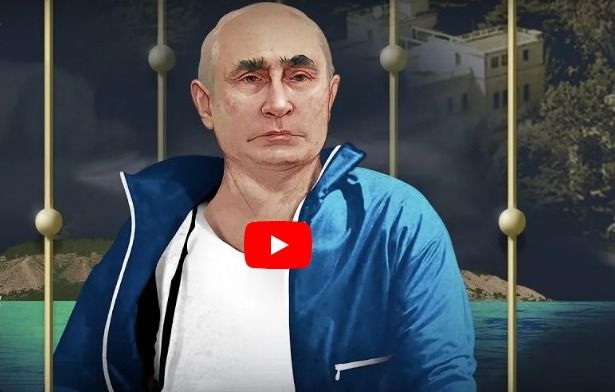
In the dimly lit, wood-paneled halls of the Kremlin, President Vladimir Putin addressed a gathering of his top advisors. His voice was steady, each word carefully chosen for impact. "It's evident," he began, "that what we're witnessing is a stark testament to the failure of the United States' policies in the Middle East."
Putin’s gaze was steely as he continued, his focus not just on the immediate crisis but on a broader strategic game. "By shifting the blame onto the United States rather than the terrorists themselves, we highlight a critical truth," he asserted. "Our primary objective isn't merely to resolve this crisis. It's to bind this situation into our larger campaign against Western influence."
Hamasitos in Columbus Circle, NYC. #TheWestIsNext pic.twitter.com/6YjExvcsPS
— MomsJustice (@MomsJusticeUS) November 12, 2023
The room was rife with the tension of unspoken agreements. Each official present understood the gravity of Putin's words. They were not just addressing the current crisis but acknowledging a larger alliance – an axis of Russia, Iran, and Hamas, united in their stance against the United States, Europe, Ukraine, and Israel.
Thousands of miles away, Ukrainian President Volodymyr Zelensky stood before a NATO assembly, his tone imbued with urgency. "The parallel is clear," he declared. "In Israel, a recognized terrorist organization has launched an attack. Here in Ukraine, we face an assault by a terrorist state."
☢️RUSSIA NUCLEAR TEST
— MomsJustice (@MomsJusticeUS) November 12, 2023
Russian Ministry of Defense Claims Its Nuclear Submarine Has Carried Out a Successful Test Launch of the Bulava Intercontinental Nuclear Missile#RussiaIsLosing in #Ukraine
Source @MarioNawfal pic.twitter.com/x7xlVsJAQq
Back in Washington, D.C., under the weighty chandeliers of the White House, President Biden prepared a crucial request. He was seeking new emergency funding for both Israel and Ukraine, a move that would signal continued American commitment in these volatile regions. The decision lay with Congress, and the stakes couldn't be higher.
Biden knew that the clock was ticking. "If we falter in our support for Ukraine," he pondered, "Putin's strategy will not just be vindicated; it will be victorious."
To Be Continued.

